
On May 14, the seminar on "The Impact of the New Company Law on Corporate Governance and Capital Markets" was successfully held in Conference Room A103, Lijiao Building, Beijing Normal University at Zhuhai. This seminar was hosted by the Law School of Beijing Normal University, the Center on the Rule of Law and Development of BNU Zhuhai, and the Zhuhai International Arbitration Institute. The seminar attracted over 50 participants, including legal research scholars, seasoned legal practitioners, and students from esteemed institutions such as Nanjing University, Southwest University of Political Science and Law, Sun Yat-sen University, Wuhan University, Macau University of Science and Technology, and Shenzhen University. Representatives from a diverse range of sectors were also in attendance, including the Gansu Academy of Social Sciences, the Henan Lawyers Association, the Zhuhai International Arbitration Court, and the Zhuhai Lawyers Association.
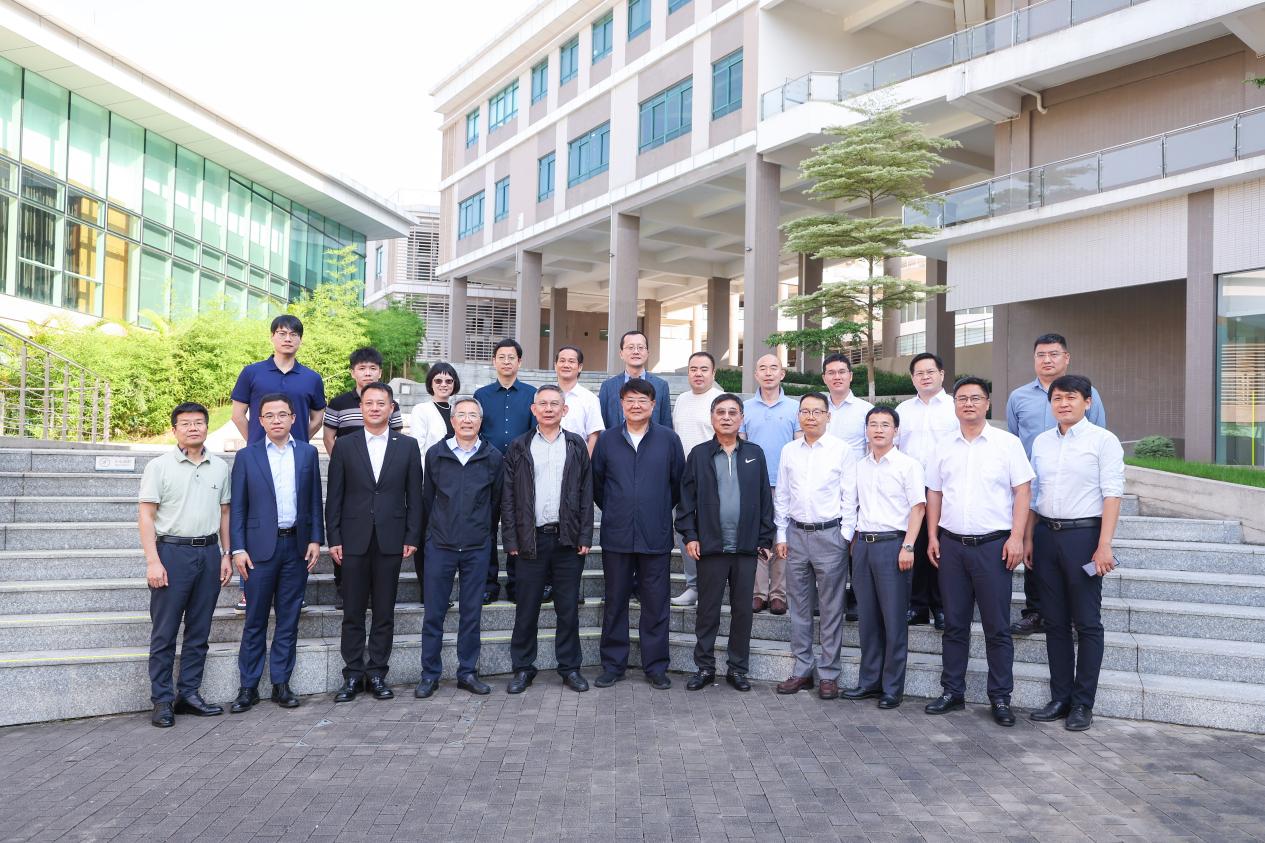

Opening Speech
At the beginning of the seminar, Professor Yuan Zhijie, Vice Dean of the Law School of Beijing Normal University and Director of the Center on the Rule of Law and Development of BNU Zhuhai, delivered a welcome speech, warmly welcoming all the guests and providing a detailed introduction to the development history, educational structure, talent cultivation, and discipline construction of the Law School of Beijing Normal University.
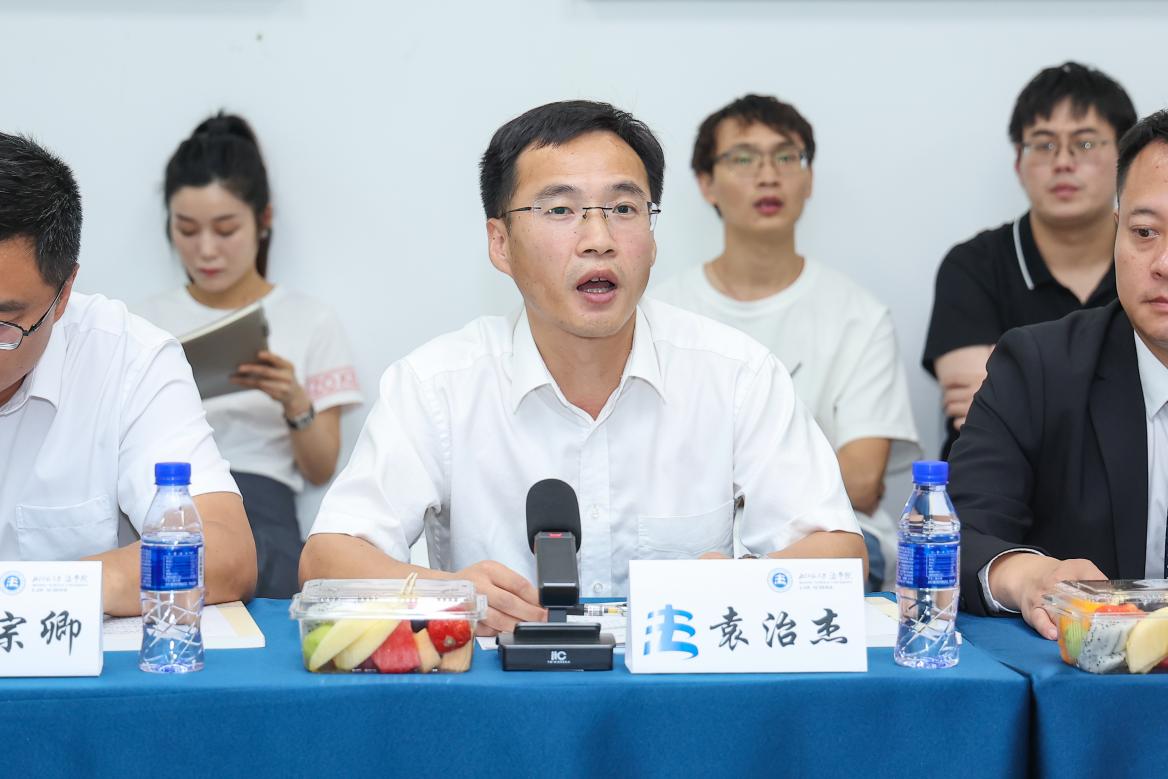
Professor Yuan Zhijie stated that in the context of the implementation of the new Company Law, the Greater Bay Area, as one of the most active regional economies in China, has a wide-ranging impact on corporate governance and capital markets. The seminar will help to explore these issues in depth and provide important reference value for the development of related fields.
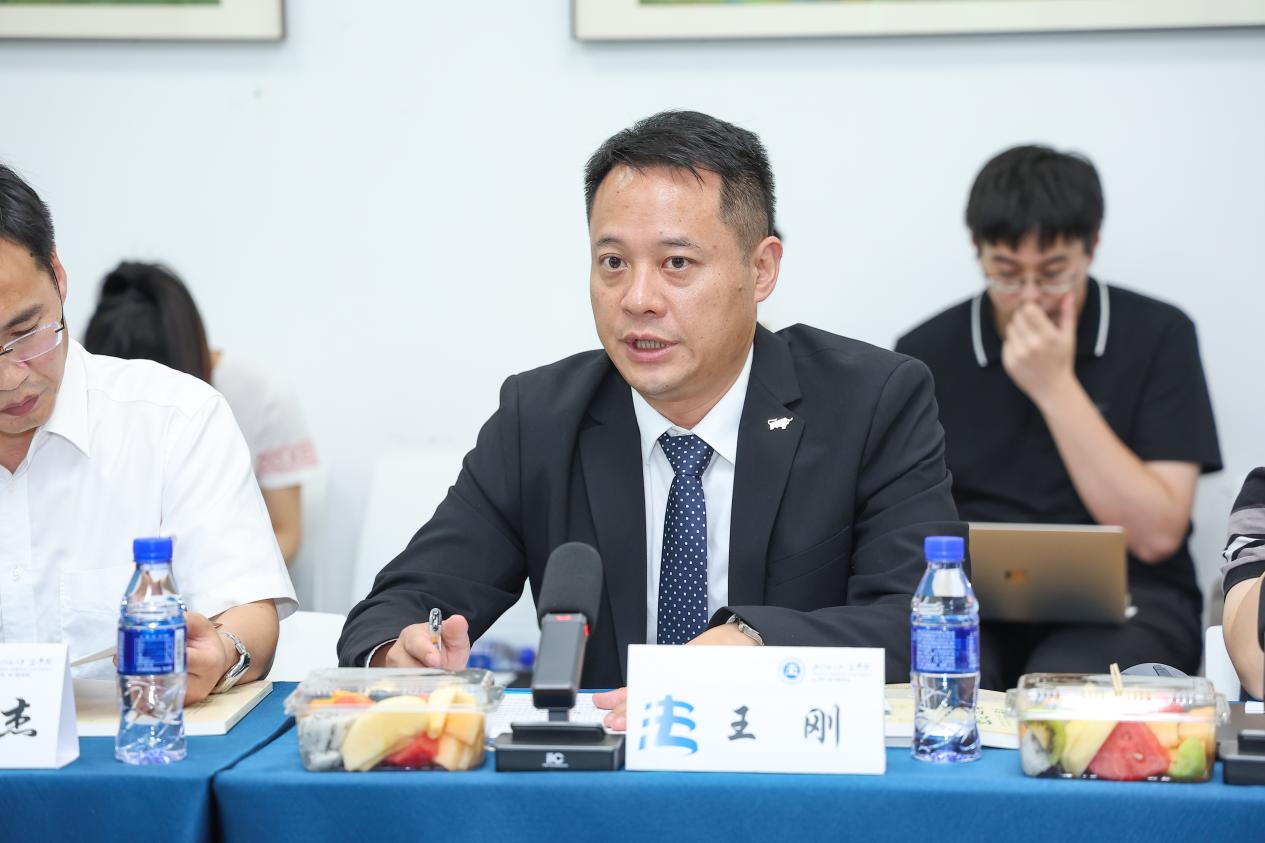
Subsequently, Wang Gang, Vice President of the Zhuhai International Arbitration Institute, warmly congratulated the seminar and pointed out that the new Company Law is of great significance in promoting the healthy development of the capital market. Vice President Wang Gang stated that in the future, the Zhuhai International Arbitration Court will continue to leverage the advantages of arbitration in resolving civil and commercial disputes, strengthen the interaction between legal theory and legal practice, and jointly promote legal innovation.
Keynote Speech
Following the opening address, the event transitioned into the keynote speech segment. Fan Jian, Vice President of the Law Research Association of the China Law Society and Professor at the Nanjing University Law School, Zhao Wanyi, Vice President of the Law Research Association of the China Law Society and Professor at the School of Civil and Commercial Law of Southwest University of Political Science and Law, Zhou Linbin, Vice President of the Law Research Association of the China Law Society and Professor at the Sun Yat-sen University Law School, and Lv Chenglong, Associate Professor at the Shenzhen University Law School, each delivered their respective keynote addresses.
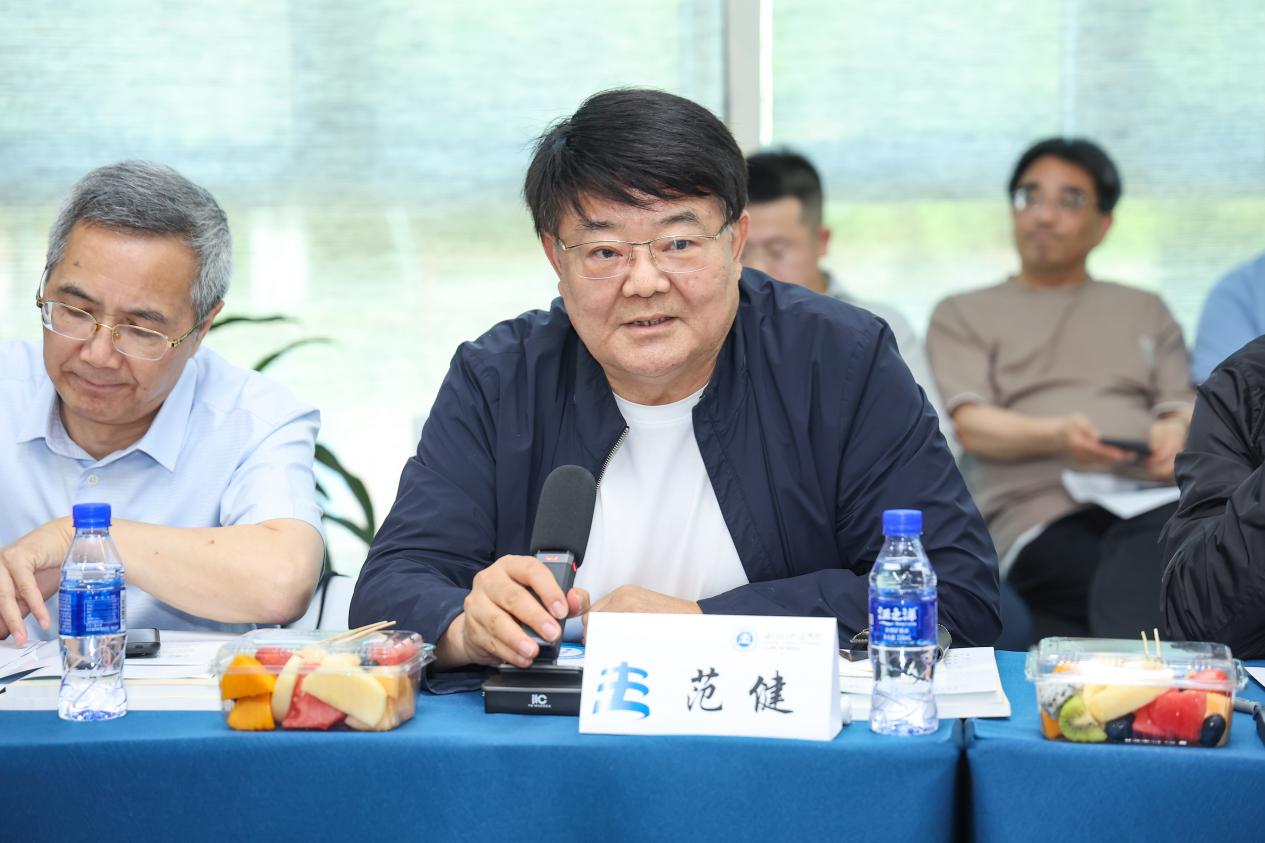
Professor Fan Jian presented a discourse titled "Post-Civil Code Commercial Legislation in China: Challenges in the Implementation of the New Company Law." Firstly, after the implementation of the new law, the issue of company capital payments has become a focus, especially with the introduction of accelerated maturity rules. Secondly, the new law has an impact on the fundamental system of the company in terms of the principle of separating shareholder rights from management rights. He believes that a healthy corporate system should achieve the separation of ownership and control, and the accelerated maturity rule may lead to damage to shareholder credit and affect corporate governance structure. In addition, Professor Fan also discussed the regulatory issues of the subscription system, comparing China's subscription system with international practices and emphasizing the importance of regulation. Finally, he pointed out the problems with the managerial system, and Professor Fan emphasized that the revision of the Company Law should be based on business thinking to address the issues facing corporate governance and capital markets, in order to promote economic development and social progress.
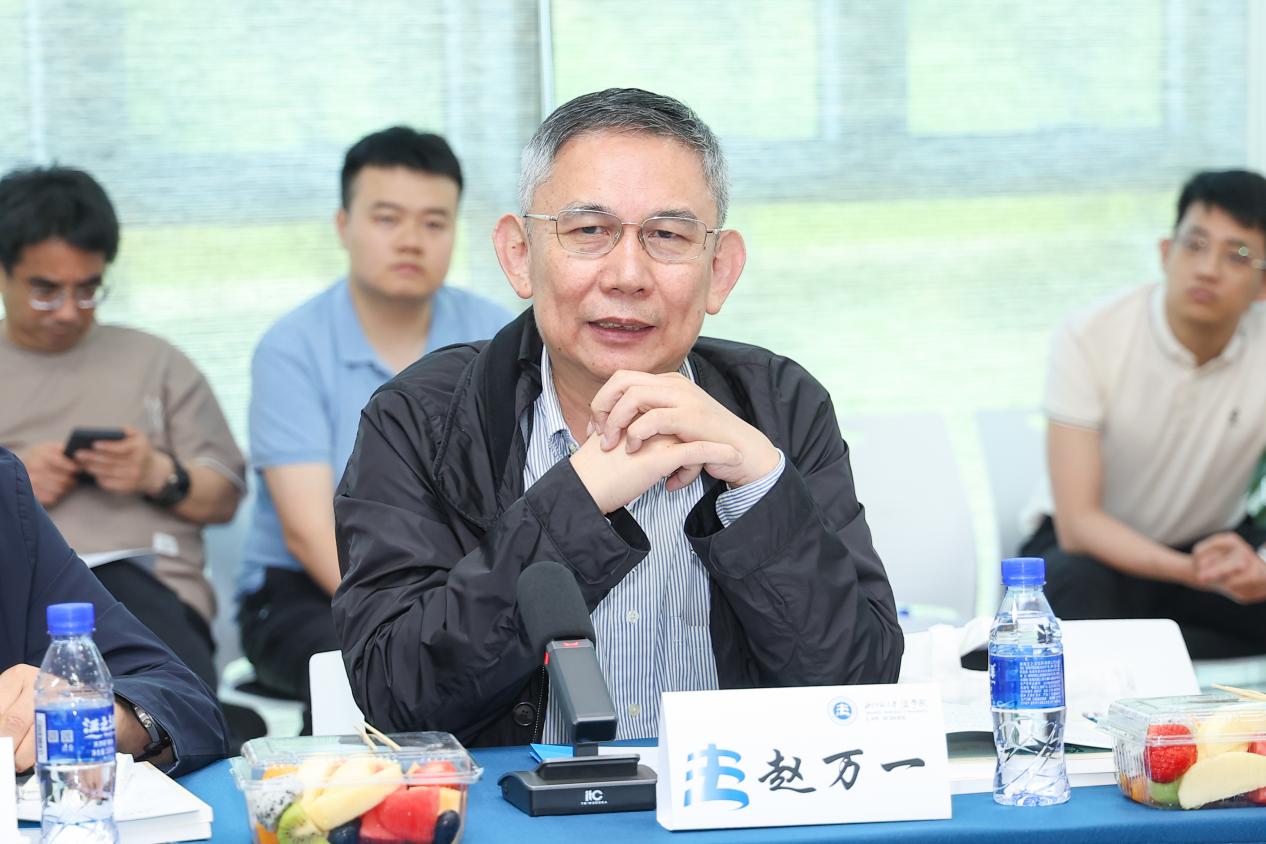
Professor Zhao Wanyi delivered a keynote address entitled "The Corporate Compliance System through the Lens of the New Company Law," underscoring the pivotal role that the new legislation plays in shaping corporate compliance frameworks. As companies assume an increasingly significant position in society, Professor Zhao contended that the conventional benchmarks of legitimacy no longer suffice to address the practical demands of corporate growth. He posited that businesses should not merely operate as profit-seeking entities but should also emerge as standard-bearers of social ethics. According to Professor Zhao, the new Company Law reinforces the obligations of corporations, the responsibilities of directors, supervisors, and senior executives, and tightens the regulation of corporate conduct through the autonomy of corporate bylaws. Furthermore, the law explicitly defines the role of party organizations in corporate governance and the involvement of employees in decision-making processes, thereby encapsulating the essence of a robust compliance system. Professor Zhao concluded his speech by asserting that the shift from a legal to a compliance-centric approach will exert a profound impact on the trajectory of China's social economy and the direction of future legislative endeavors.
Professor Zhou Linbin gave a speech on the topic of "Rethinking the Improvement and Innovation of the Capital System in the New Company Law". He first pointed out that there are controversies in the capital system of the new Company Law, especially in terms of accelerated maturity rules and shareholder protection. Secondly, Professor Zhou mentioned the innovation of the loss of power system and the issue of increased obligations for board members. He believes that the new Company Law reflects a shift from capital-based to asset-based, and put forward his own views on the structuring and securitization of the capital market. Finally, Professor Zhou emphasized the timeliness of Company Law reform and how to effectively regulate capital in the new era. Overall, Professor Zhou believes that the new Company Law injects stability into the capital market and helps prevent systemic risks.
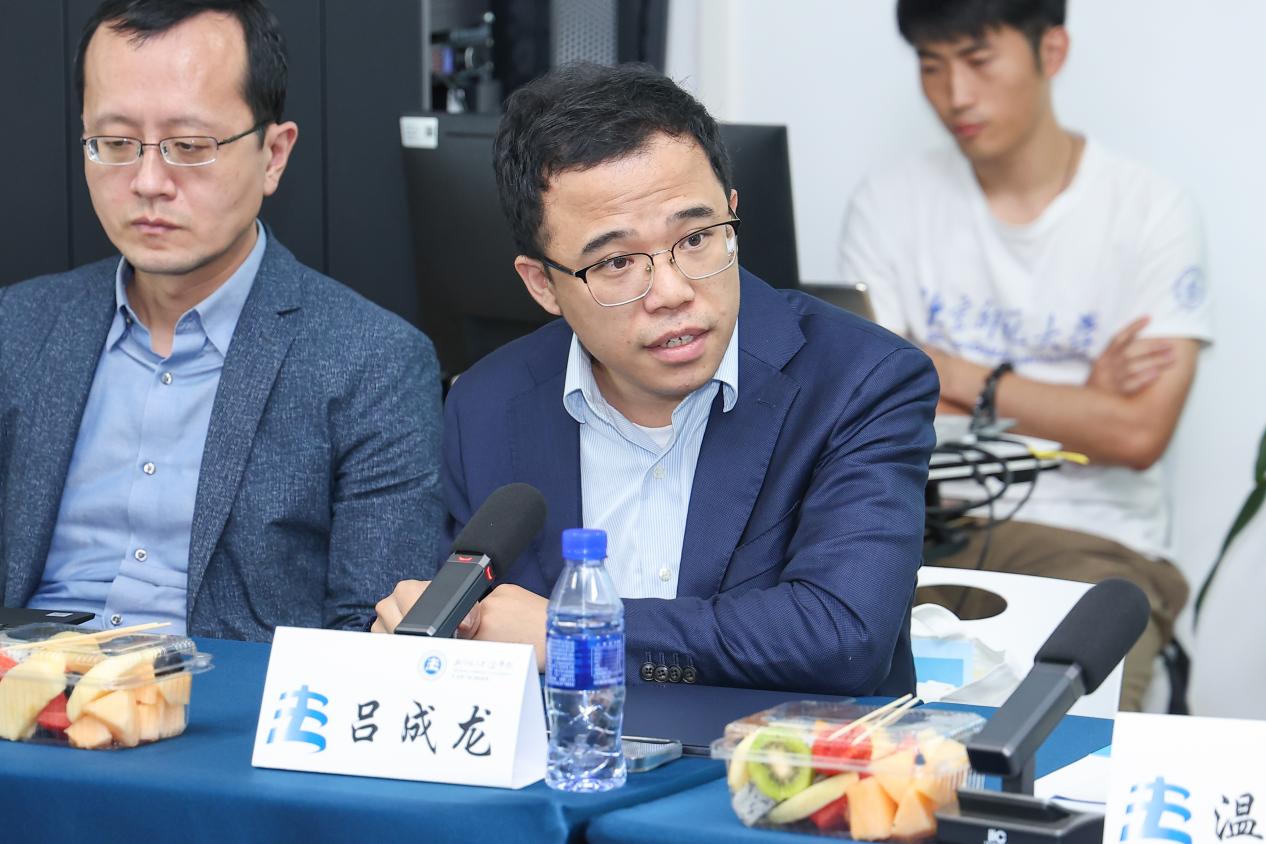
Associate Professor Lv Chenglong delivered a thought-provoking speech entitled "The Boundaries of Securities Regulatory Intervention in Corporate Governance under the New Company Law." He noted the Securities Law's significant influence in molding corporate law as it pertains to the governance of listed companies and reflected on the instance of the China Securities Regulatory Commission's forceful intervene in corporate governance matters in 2015. Professor Lv contended that securities oversight should strive for information symmetry and approach corporate governance interventions with prudence and restraint. He introduced the concept of an "information symmetry standard," underscoring that regulatory interventions should satisfy four key criteria: relevance of the subject, potential for significant impact, level of standardization, and the effectiveness of correction. Professor Lv stressed that Company Law ought to serve as the cornerstone for addressing the structure and conduct of listed companies, while the securities law should concentrate its efforts on issues of information disclosure and transaction-related fraud.
Discussion Session
Following the keynote addresses, the event segued into the discussion segment. Scholars and guests in attendance shared their perspectives, drawing from their respective fields and practical expertise. The conversation spanned a wide array of topics, including the interplay between Company Law and the civil code, corporate compliance, the capital system, and the delineation of securities regulatory intervention within the realm of corporate governance.
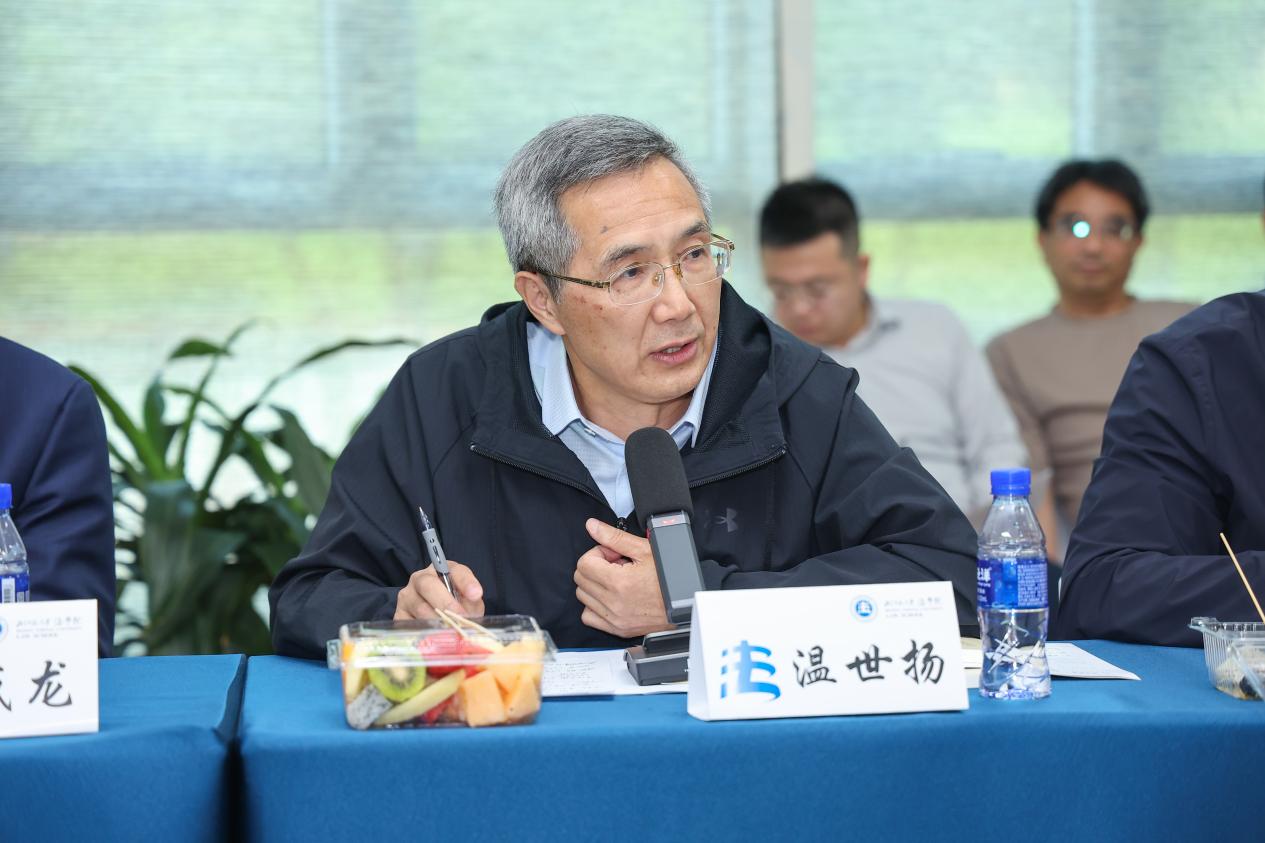
Firstly, Wen Shiyang, Vice President of the Civil Law Research Association of the China Law Society and Professor at the Law School of Wuhan University, proposed that the revision of the new Company Law should go beyond the basic concepts of the Civil Code, such as the relativity of debts, and pay attention to the interpretive issues in legal application. Professor Wen believes that the original intention of formulating the company's articles of association is to tailor rules for the company. Therefore, it is suggested that the market supervision department establish a specialized department to regulate and manage the company's articles of association, and promote communication and cooperation between the company and legal practice.

In response to the theme of the seminar, the attending guests had in-depth discussions on the impact of the new Company Law on corporate governance and capital markets. The attending guests from Zhuhai International Arbitration Court raised the problems of the subscribed capital system in practice, pointing out the implementation difficulties and shell company phenomenon that the subscribed capital system may cause. The guests from the Zhuhai Lawyers Association pointed out that the implementation of the new Company Law provides new opportunities for lawyers' business, but also brings risks of avoiding behavior. In addition, the attending guests also discussed the opportunities and challenges of the new Company Law for the practical field, such as the establishment of special shares, the issue of anonymous shareholders, and the impact of the final beneficiary registration system on improving company transparency.
Closing Summary
The closing ceremony of the seminar was summarized by Bi Jingwei, Course Director of the Law School of Macau University of Science and Technology and Chairman of the Macau Financial Law Society. Director Bi stated that this seminar was a cutting-edge and pioneering discussion, where experts and scholars made brilliant speeches on the impact of the new Company Law on corporate governance and capital markets, which greatly benefited people.
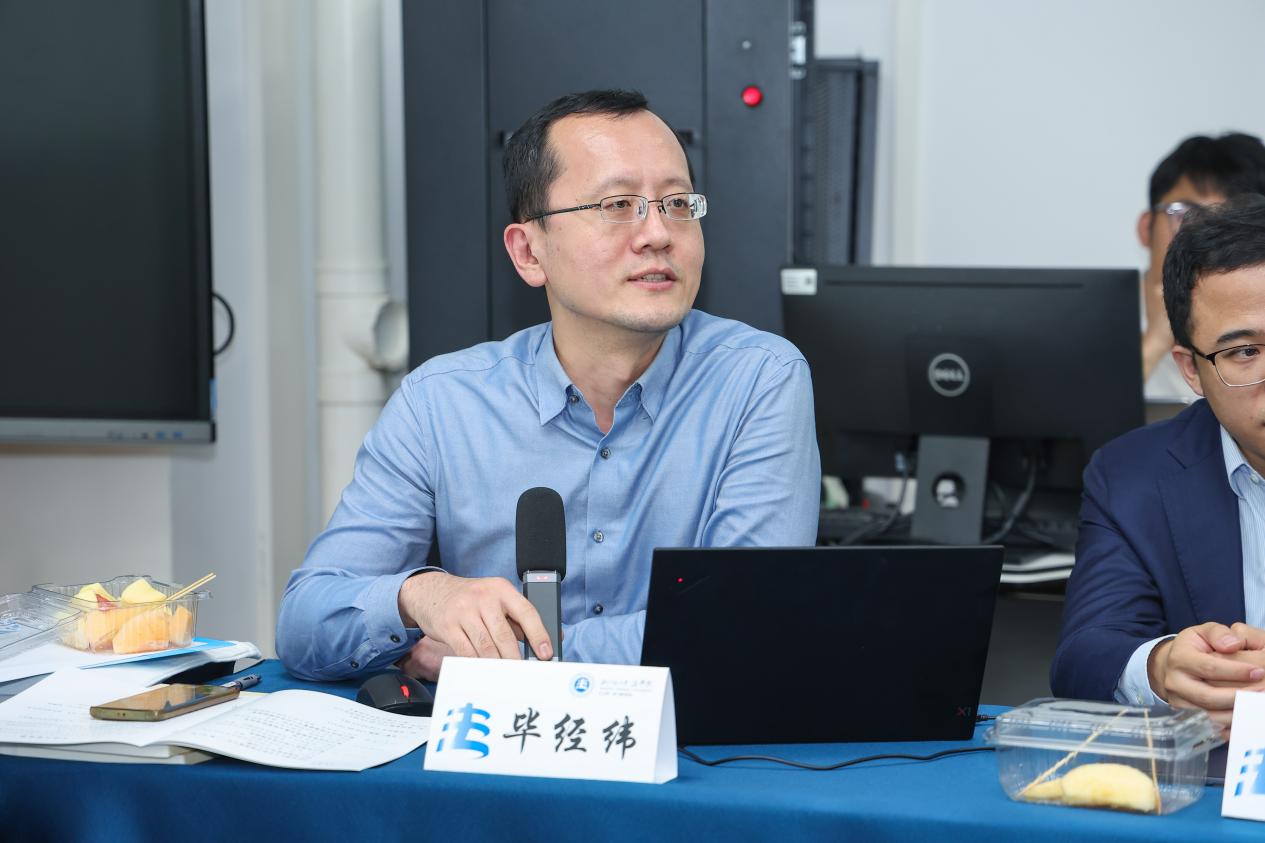
The meeting encapsulated key aspects of the new Company Law pertaining to corporate governance and capital markets, addressing critical issues such as expedited maturity, disparities between civil and commercial legal concepts, compliance challenges, the power structure, equity transfers, and more. These discussions offered a wealth of insights for future academic inquiry and research.
In conclusion, Director Bi Jingwei extended heartfelt thanks to all the distinguished guests in attendance. The seminar titled "The Impact of the New Company Law on Corporate Governance and Capital Markets" was brought to a successful close amidst the enthusiastic applause of the audience.

